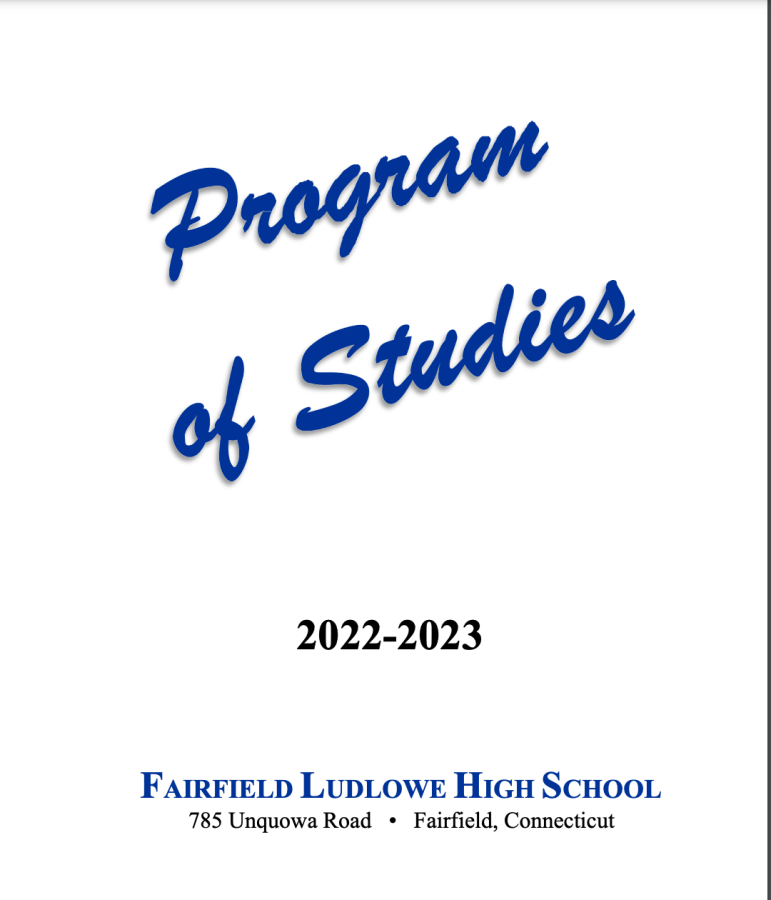2022-2023 Pilot Courses Offer New Interdisciplinary Perspectives
The 2022-2023 Program of Studies outlines the framework and prerequisites for each of the new courses.
February 11, 2022
Fairfield Public School is constantly introducing new courses to meet industry and education trends, respond to student interest, and align credits with the new graduation requirements and Vision of the Graduate. Students and counselors will encounter eight new courses in the 2022-2023 Program of Studies, spanning business, math, science, social studies, and English.
The Business of Travel and Tourism (50510) is a semester elective course for grades 10, 11, and 12. It offers insight into management, marketing, and operations of the travel and tourism industry. It joins several other specialized courses in the Business Department, providing students with the skills and technical knowledge to succeed in specific business sectors.
In mathematics, students who have completed Algebra II have two more applied mathematics offerings: Modern Mathematics (25555), and Advanced Mathematical Decision Making (25550). Students who have decided not to travel the calculus or statistics route for junior or senior year may find these courses compelling as they grapple with realistic phenomena and real-world problem-solving. Modern Mathematics places a heavy emphasis on reasoning and modeling, using the language of discrete mathematics to understand scenarios like game theory and apportionment. Advanced Mathematical Decision Making incorporates rigorous statistical analysis, the use of technology, and multiple methods of modeling.
Transition to College Mathematics (25560), which also requires Algebra II as a prerequisite, is offered to grade 12 students. The course is geared toward students who have felt disconnected from the mathematical learning process in previous courses. It develops key mathematical skills and SEAD (social-emotional and academic development) strategies to bolster students in future college success.
Environmental Chemistry, offered as an Honors (30410) or College-Preparatory (30420) course, integrates the concepts of chemistry and earth science within the framework of the Next Generation Science Standards. Grade 10 students may take the course in place of traditional chemistry options; it can serve as a prerequisite for the AP science pathway. Students will explore traditional topics such as energy transfer and nuclear processes within the context of sustainability and global environmental challenges.
African American/Black and Latino/Puerto Rican Studies (13360) is a full-year social studies elective open to grade 11 and 12, yielding an Early College Experience credit with Sacred Heart University upon successful completion. The course is organized thematically, providing students with the “opportunity to explore accomplishments, struggles, intersections, perspectives, and collaborations of African American/Black and Latino/Puerto Rican people in the United States.” Examining the experience of these groups through history gives students the tools to identify contemporary tensions around race and bias.
The world language department is adding a new language to the mix, American Sign Language (46100), open to grade 9-12 students as elective credit. For the course’s pilot year, the District is only offering the introductory Level I, but FPS has communicated that they may add future levels in next year’s Program of Studies depending on student response. Students will develop awareness of deaf culture and community, and also learn to communicate with introductory words and phrases.


